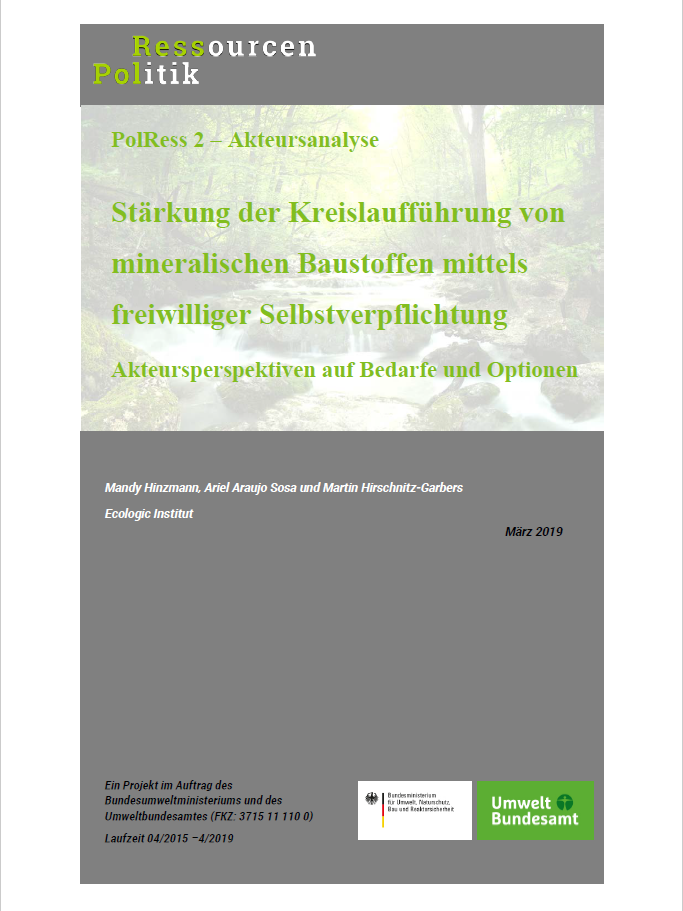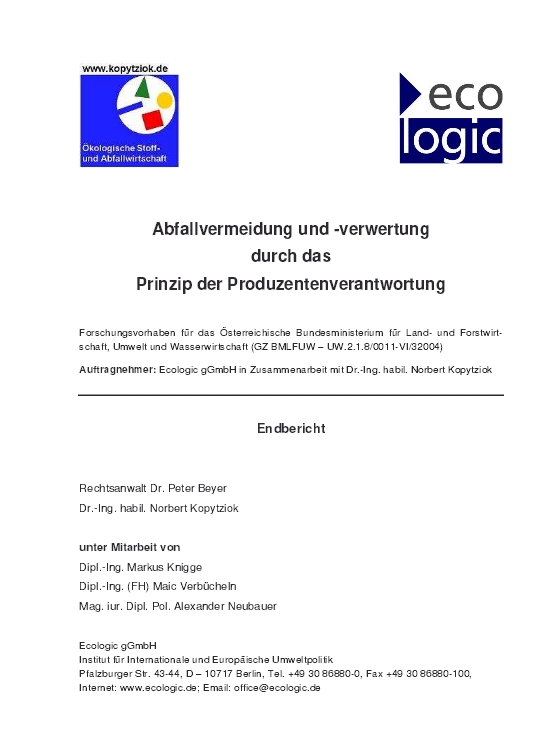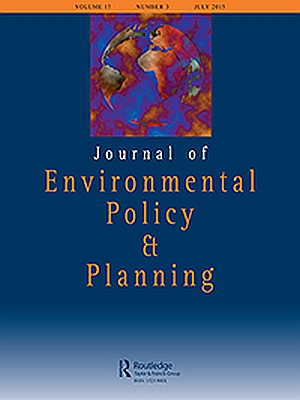India's Draft Uniform EPR Framework Misses the Uniformity it Promised to Bring
- Publication
- Citation
Sachdeva, Anurodh and Arpit Srivastava 2020: India's Draft Uniform EPR Framework Misses the Uniformity it Promised to Bring. Berlin, Dortmund: Ecologic Institute, Fraunhofer Institute of Material Flow and Logistics.
This commentary contributes to the discussion on the recently released Draft Guidelines on Uniform Framework for Extended Producers Responsibility (EPR) by India's Ministry of Environment, Forest and Climate Change. In India, EPR as a policy measure was first introduced briefly in the Plastic Waste Management Rules (PWM) in 2011, and then with more emphasis in PWM 2016. With no guidelines in place, some proactive producers, importers and brand owners (PIBOs) partnered with the newly established Producer Responsibility Organizations (PROs) or with aggregators, recyclers and cement kilns to push EPR in India forward. This led to a non-uniform adoption and limited impact on the ground. The recently released draft guideline document aims to streamline the EPR implementation process by proposing governance models, underlying roles and responsibilities of stakeholders involved and creation of new institutions to serve EPR compliance. Instead of taking a step-back to assess the learnings from experiences so far, the guidelines try to institutionalize the status-quo. In particular, authors argue that the draft guidelines fall short of fulfilling its purpose for three reasons – a) modalities proposed are not in line with generally accepted principles on which successful EPR systems across the world are based, b) lacks the implementation-level detailing of some critical provisions, and c) failure to layout a vision on how the regulation can meet its objective of robust plastic waste management and circular economy in long run, beyond the mere compliance. Basing their recommendations on learnings from experiences of developed countries with mature EPR ecosystems and contextualizing the same for ground realities of India, authors provide a 6-point agenda to address the issues raised.
Authors:
The commentary was prepared by Anurodh Sachdeva, a German Chancellor Fellow at Ecologic Institute and Arpit Srivastava, a German Chancellor Fellow at Fraunhofer Institute of Material Flow and Logistics. Their fellowship is supported by the Alexander von Humboldt Foundation. The work was done under the guidance of Dr. Martin Hirschnitz-Garbers as a part of their fellowship project which aims to develop high-potential EPR implementation models for developing countries like India.






